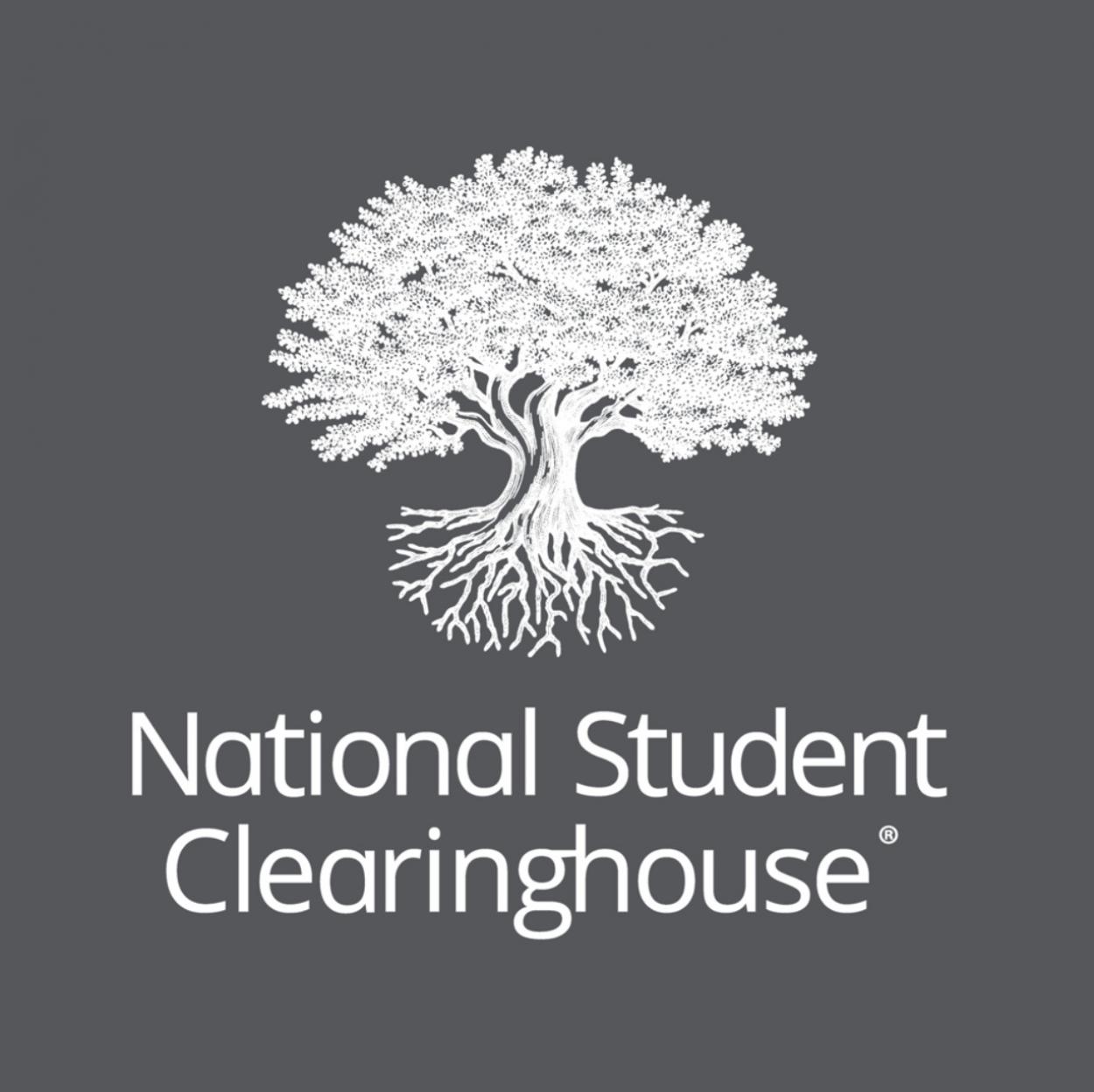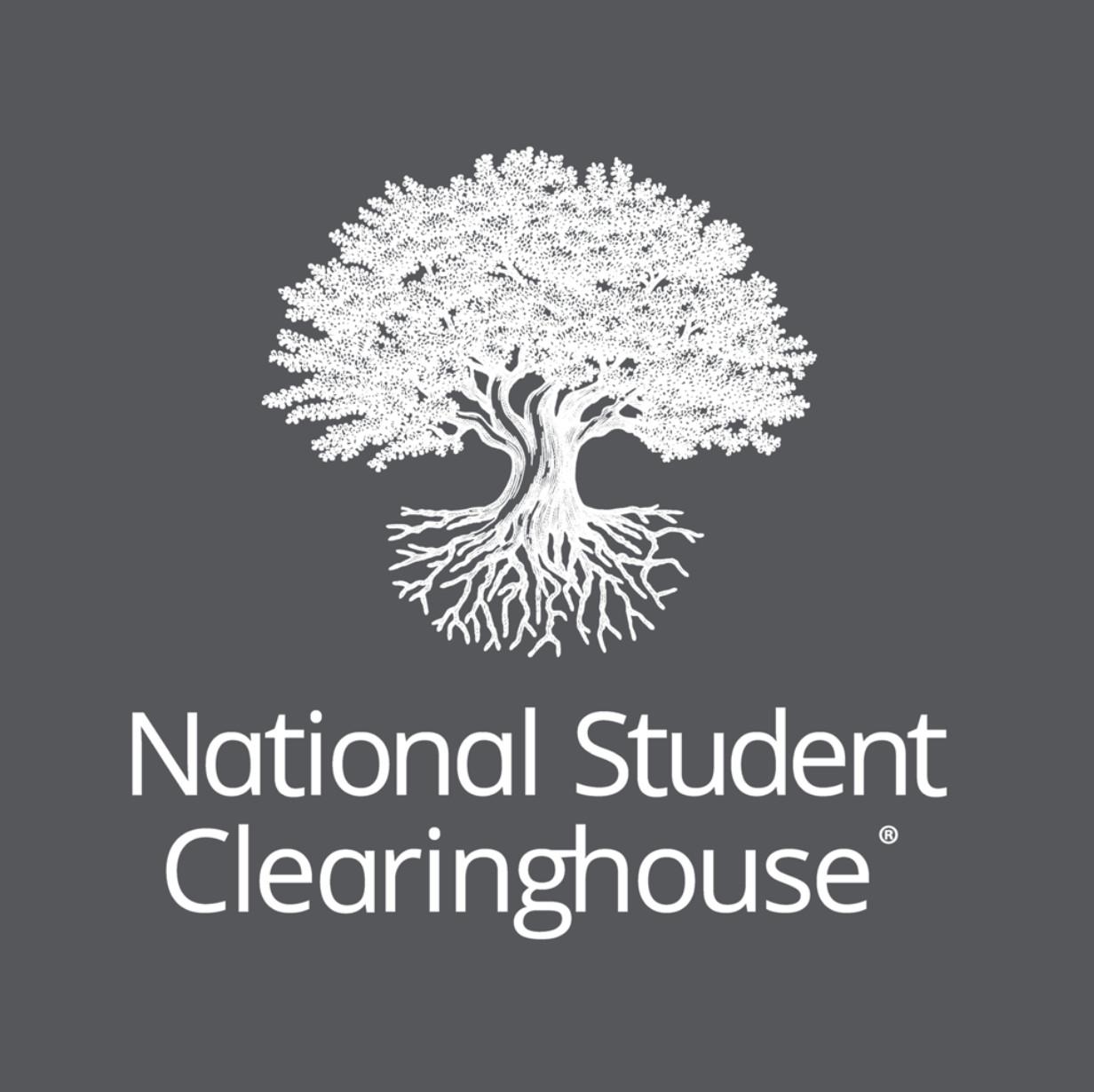
National Student Clearinghouse (NSC), the nation's largest provider of postsecondary transcript services, has recently identified a security breach. This breach, affecting several higher education institutions across the country, potentially includes Doane University, which utilizes NSC for federally mandated enrollment certifications and transcript services. It is important to note that no systems operated or maintained by Doane University were breached, as this incident is localized to the National Student Clearinghouse systems.
At this time, the extent of the breach and the specific impact on Doane University students remain unclear. However, it is crucial to acknowledge that some of the data maintained by the NSC include personally identifiable information (PII), such as social security numbers and date of birth. NSC is currently conducting a comprehensive investigation to determine the scope of the breach and identify the affected individuals. Once NSC completes its investigation, the National Student Clearinghouse will promptly notify any impacted students.
Please be aware that this breach encompasses multiple organizations and higher education institutions across the United States. Consequently, the investigation is expected to be extensive and may require a significant amount of time before its completion. NSC has indicated that every effort is being made to expedite the process and provide you with the necessary information as soon as possible.
While Doane University awaits further updates from NSC, we recommend implementing the following safeguards to protect your personal information.
Monitor credit cards and bank accounts
Regularly review your accounts and promptly report any suspicious activity to your financial institution. Be vigilant for unexplained payments, unexpected notifications from your bank, or calls claiming to be your bank. Additionally, consider setting up email notifications for credit card purchases.
Place fraud alerts and credit freezes
Take proactive measures by requesting fraud alerts and credit freezes with major credit bureaus. This can help safeguard against identity theft or further misuse of your personal information if it was compromised. Further information on these measures can be found at the following link: https://consumer.ftc.gov/articles/what-know-about-credit-freezes-fraud-alerts.
Exercise caution with suspicious emails or communications
Refrain from opening or clicking on links in emails, texts, or messages from unknown individuals. Scammers are becoming increasingly sophisticated in their tactics. If you receive any messages (via email, text, Facebook Messenger, etc.) asking for your password, prompting for Multifactor Authentication (MFA), or requesting your one-time passcode, exercise caution. Remember, regardless of the consequences they may threaten, it is unlikely to be true.
Update passwords
It is advisable to create longer passwords, preferably with a minimum of 12 characters. Always use unique passwords for each website or application you access. Whenever possible, enable Multifactor Authentication (MFA) for an added layer of security.
The privacy, safety and security of our students, alumni, families and employees is of utmost importance to Doane. The University’s Office of Technology Services will continue to monitor the situation closely and provide updates as they become available.
More information can be found on the NSC website https://alert.studentclearinghouse.org/

